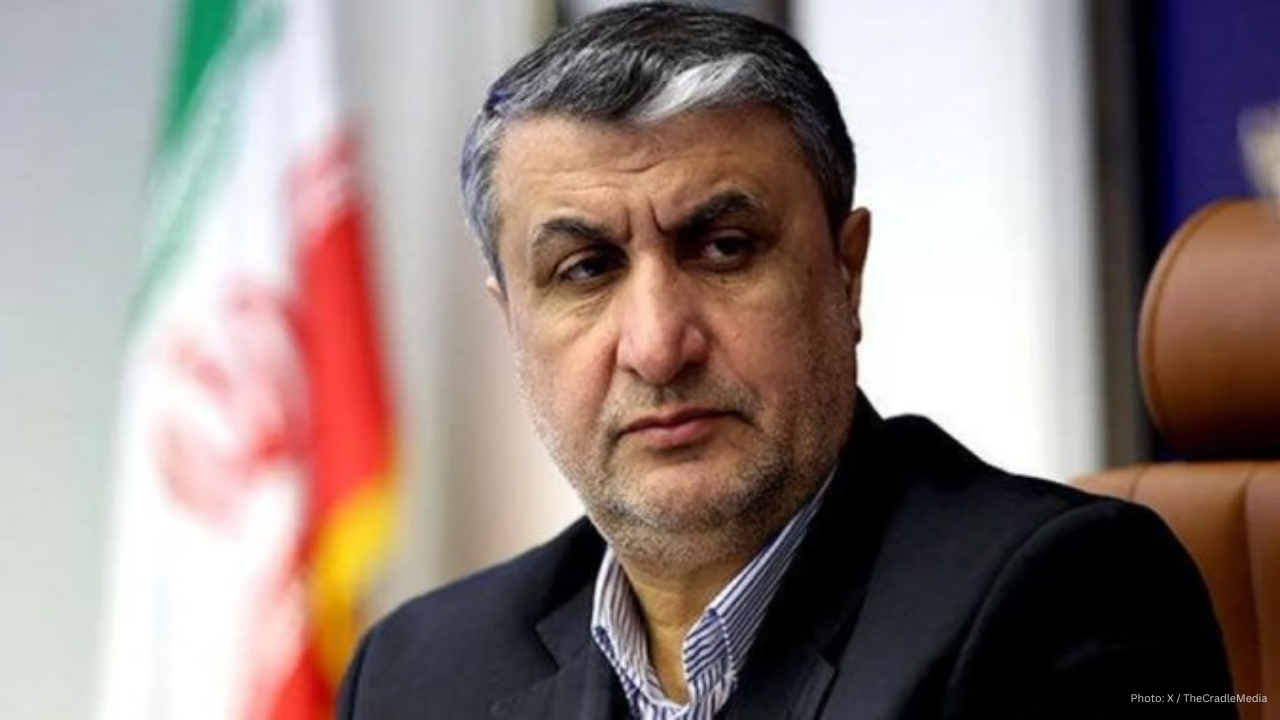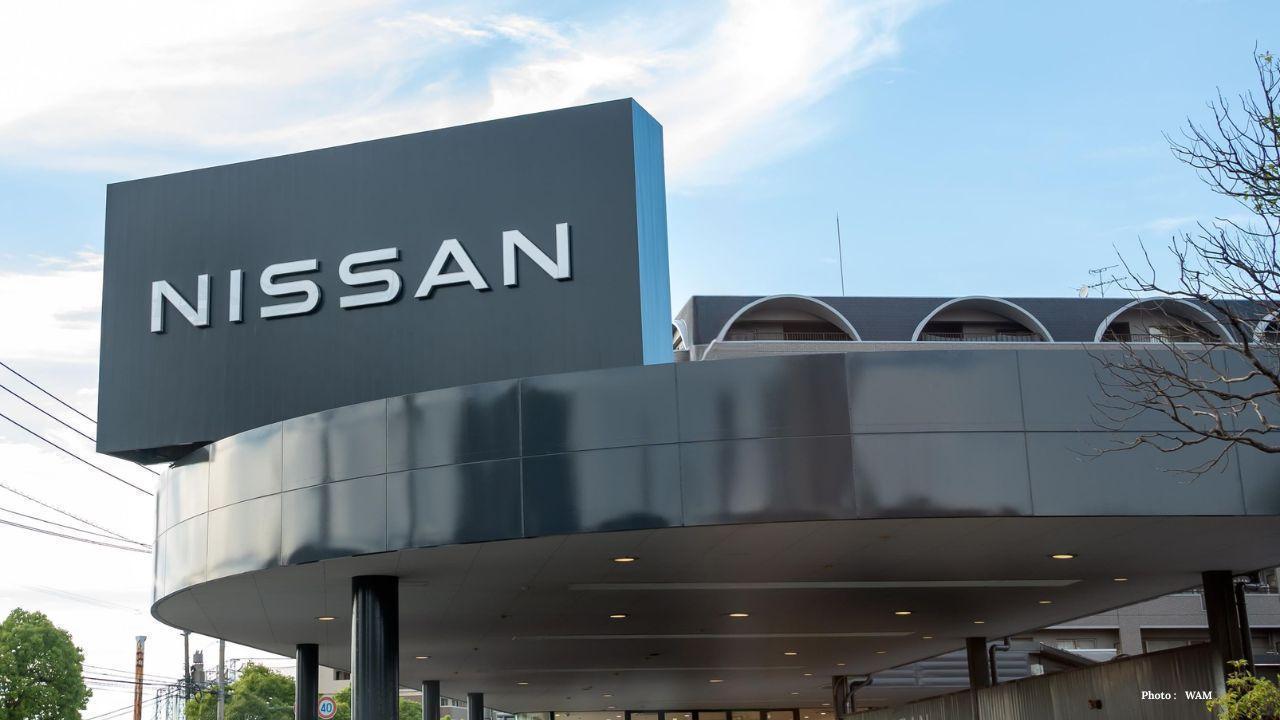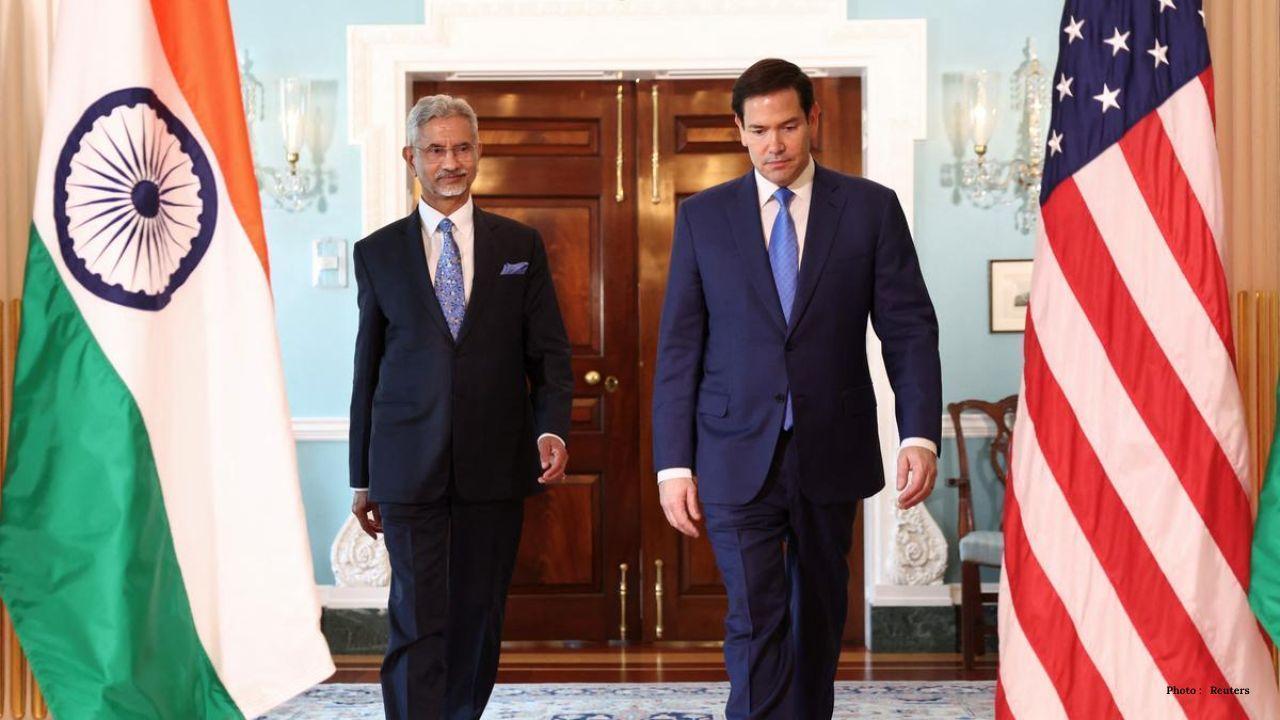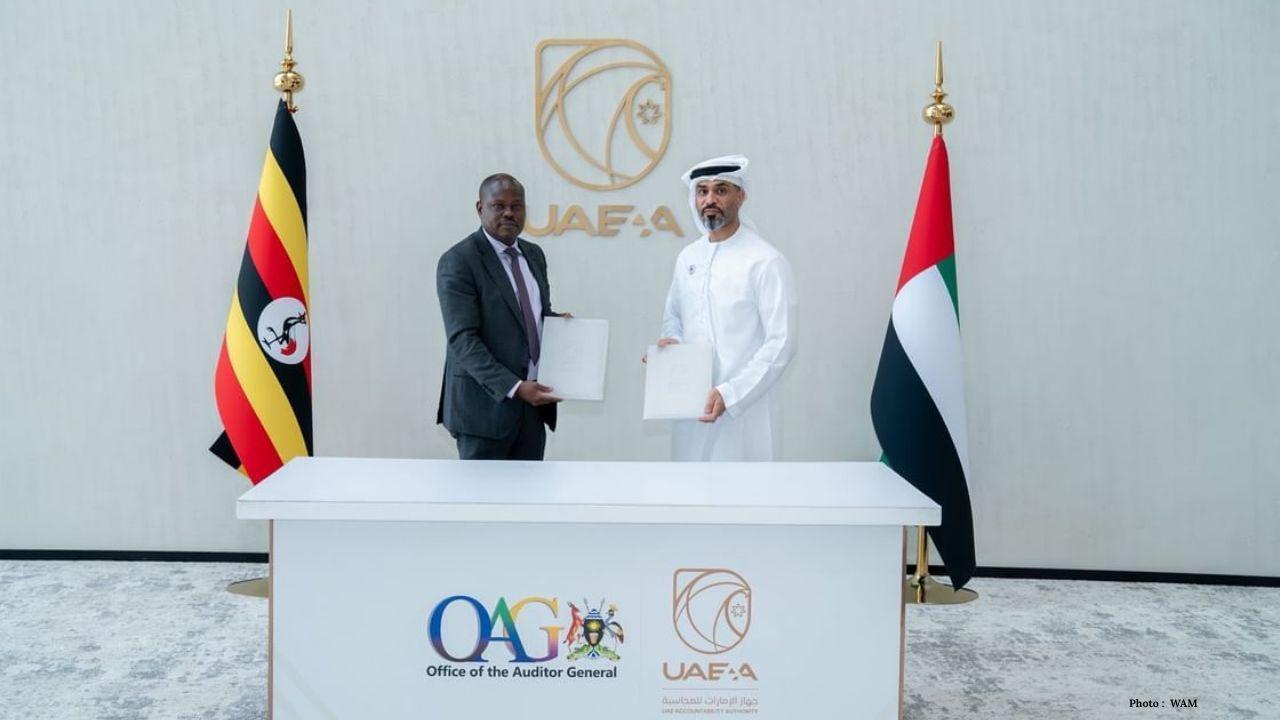
Post by : Monika
Photo:Reuters
New Delhi, July 7, 2025 — A high court in India has refused to return airport security clearance to Celebi Airport Services India, a company linked to Turkey. This clearance was important because it allowed Celebi to handle ground services at some of the country’s biggest airports, like moving baggage, guiding planes, cleaning aircraft, and helping passengers.
The government had earlier taken away Celebi’s clearance, saying it was a step needed to protect national security. Celebi went to court, hoping to get its permission back. But the court supported the government’s decision, saying safety of the country comes before anything else.
Why Did India Cancel Celebi’s Permission?
In May 2025, India’s civil aviation security body, called BCAS, suddenly canceled Celebi’s security clearance. The decision was made soon after a political conflict between India and Pakistan. During that time, Turkey supported Pakistan, which upset many people and officials in India.
The government said it needed to act quickly to protect airport operations. Celebi was working at nine major airports, including Delhi, Mumbai, Bengaluru, Chennai, Hyderabad, Cochin, Goa, Kannur, and Ahmedabad. When its clearance was taken away, thousands of workers were affected, and airport activities faced delays and confusion.
What Did Celebi Say in Court?
Celebi challenged the decision in the Delhi High Court. It argued that:
The company was not informed before the permission was canceled.
No proper reason was given — only a general claim about “national security.”
About 3,791 employees were affected because they lost their jobs.
The move might scare away future foreign investors.
The company has followed all rules and passed security checks when it first got clearance in 2022.
Celebi said most of its ownership is with global investors, not the Turkish government.
The company asked the court to reverse the cancellation and let it continue its work at Indian airports.
What Did the Government Say?
The Indian government strongly defended its decision. It said companies working in sensitive places like airports must be 100% trustworthy. According to the Solicitor General, who spoke for the government in court, Celebi workers had access to important areas of the airport and could see movements of high-level government officials, like VIPs.
He explained that in some cases, giving advance notice is not possible. If national security is involved, the government has to take fast action without delay. The government also provided sealed confidential material to the judge to support its claim.
What Did the Court Decide?
The Delhi High Court, on July 7, sided with the government. It said that in serious matters like national security, the government can act without telling the company first. The judges believed that protecting the country is more important than following regular procedures like giving warnings.
The court also mentioned that in past cases too, when safety was at risk, decisions were allowed without giving companies prior notice.
What is Ground Handling?
Ground handling refers to the services given to airplanes and passengers when the plane is on the ground — either before taking off or after landing. These include:
Helping passengers board and leave the aircraft
Moving and loading luggage
Cleaning planes
Guiding planes to the parking spot
Refueling and preparing the aircraft for the next trip
People who work in this field operate in secured parts of the airport. They can see VIP activity and gain access to key airport systems. That is why these workers and their companies must pass strict background checks.
Why This Case is Important
This event is important for many reasons:
1. National Security First
The government made it clear that the safety of airports, passengers, and the country must come before all else. That’s why they acted quickly without giving the company a chance to respond.
2. Fairness and Legal Process
Celebi and its lawyers argued that the decision was unfair. They believe the company should have been given time to explain its side. But the court decided that, in this case, safety concerns were more important than following regular procedures.
3. Jobs Lost
Around 3,800 workers who were employed at various airports lost their jobs overnight. This has created financial stress for many families.
4. Foreign Investment Risk
Sudden decisions like this can make foreign companies think twice before doing business in India. Celebi had invested over $250 million in India. The court case has raised questions about how India handles business rules when politics get involved.
What Happened After the Court’s Decision?
Celebi has not given up. It is still trying to get back its clearance by filing similar cases in other Indian courts — including those in Mumbai, Chennai, and Gujarat. In some cities, courts have asked airports not to give Celebi’s contracts to other companies until the final decisions are made.
A Bigger Political Picture
This issue is not just about Celebi. It reflects the bigger tensions between India and Turkey. After Turkey publicly supported Pakistan during a serious conflict, many people in India felt offended. This led to:
Boycotts of Turkish products, like Turkish coffee, food items, and home goods.
Travel drops, with fewer Indian tourists visiting Turkey.
Airline complaints, with some Indian airlines asking the government to end business ties with Turkish carriers.
Protests, with student groups and trade bodies asking Indian companies not to work with Turkish firms.
Why This Matters for India’s Future
This case shows how difficult it can be to manage both security and business interests. On one hand, India wants to protect its airports and passengers. On the other hand, it also wants to attract companies that create jobs and bring money into the country.
The court’s support of the government’s decision may send a strong message: security comes first. But if too many such decisions happen without warning, it could scare away honest businesses in the future.
What Comes Next?
Final court rulings in different states will decide if Celebi can work again in India.
The government may also look at updating rules for such situations, maybe adding ways to inform companies in less serious cases.
Other foreign companies will be watching closely to see how India treats international businesses during sensitive times.
India has refused to give back airport permission to a company from Turkey called Celebi. The government canceled the company’s clearance because of security concerns after Turkey supported Pakistan in a conflict. Celebi went to court, saying this decision was unfair. But the court said the government was right to act quickly. Many people lost jobs, and foreign investors are now worried. The case shows how serious decisions can affect jobs, politics, and business.
India-Turkey Tensions










Tabreed and Johnson Controls Partner to Launch Advanced Cooling Tech
Tabreed joins Johnson Controls to improve energy efficiency and eco-friendly district cooling in the

Nissan Develops Advanced Self-Driving Cars for City Streets by 2027
Nissan is testing smart self-driving cars that can handle city traffic, pedestrians, and red lights

PM Modi Supports Local Entrepreneurs in Arunachal
PM Modi interacts with Arunachal entrepreneurs, reviews local products, and highlights GST reforms a

India-U.S. Talks Jaishankar to Meet Rubio During UNGA 2025
India’s External Affairs Minister Jaishankar will meet U.S. Secretary Rubio in New York to discuss t

Abu Dhabi Parks Transform Into Outdoor Learning Hubs
Abu Dhabi parks now serve as open-air classrooms, teaching students about nature, sustainability, an

UAE signs audit deals with Seychelles and Uganda to boost oversight
UAE strengthens global audit ties with Seychelles and Uganda to share expertise, enhance transparenc